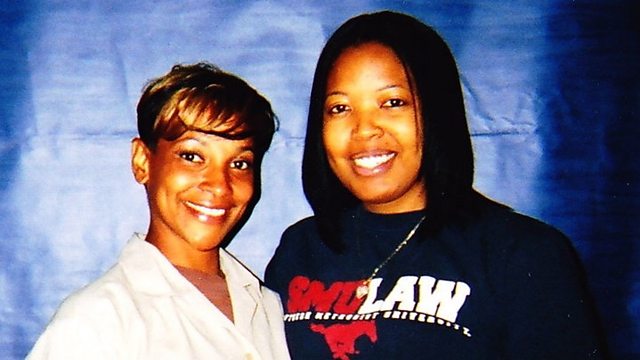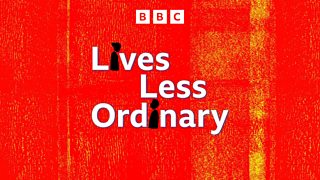Life without parole: Our fight for freedom
Brittany K. Barnett was 25 when she discovered the case of Sharanda Jones, an African American woman who was sentenced to life without parole for a first time drug offence.
Brittany K. Barnett, an African American lawyer, grew up in the shadow of the US war on drugs in the 1980s. Like many others in her community in rural east Texas, Brittany’s mother was addicted to crack cocaine, and when Brittany was 22 years old, her mother was sentenced to eight years in prison.
Ìý
In 1986, a new drug law was passed which created mandatory minimum sentences for drug possession, even for first-time, non-violent offenders.Ìý The Anti-Drug Abuse Act also meant that sentences for the cheaper and more accessible crack cocaine were far harsher than those for offences involving powdered cocaine. It was when she was in law school, studying corporate law that Brittany discovered that this sentencing disparity disproportionately affected poor Americans, many of whom were black.
Ìý
During her research she came across Sharanda Jones, a young African American woman who had grown up an hour away from Brittany. Sharanda had been given a life sentence without parole, which she was serving alongside her quadriplegic mother, for conspiracy to distribute crack cocaine. Brittany became obsessed with Sharanda's case and made her a promise: “I will get you out...Even if I have to take this case all the way to the White House." Brittany K. Barnett has written a book calledÌýA Knock at MidnightÌýabout her life and work.Ìý
Ìý
Picture: Brittany K. Barnett and Sharanda Jones in 2009
Credit: Courtesy of Brittany K. Barnett
Last on
More episodes
Broadcasts
- Wed 23 Sep 2020 11:06GMTÂ鶹ԼÅÄ World Service
- Wed 23 Sep 2020 17:06GMTÂ鶹ԼÅÄ World Service except East and Southern Africa & West and Central Africa
- Thu 24 Sep 2020 02:06GMTÂ鶹ԼÅÄ World Service



